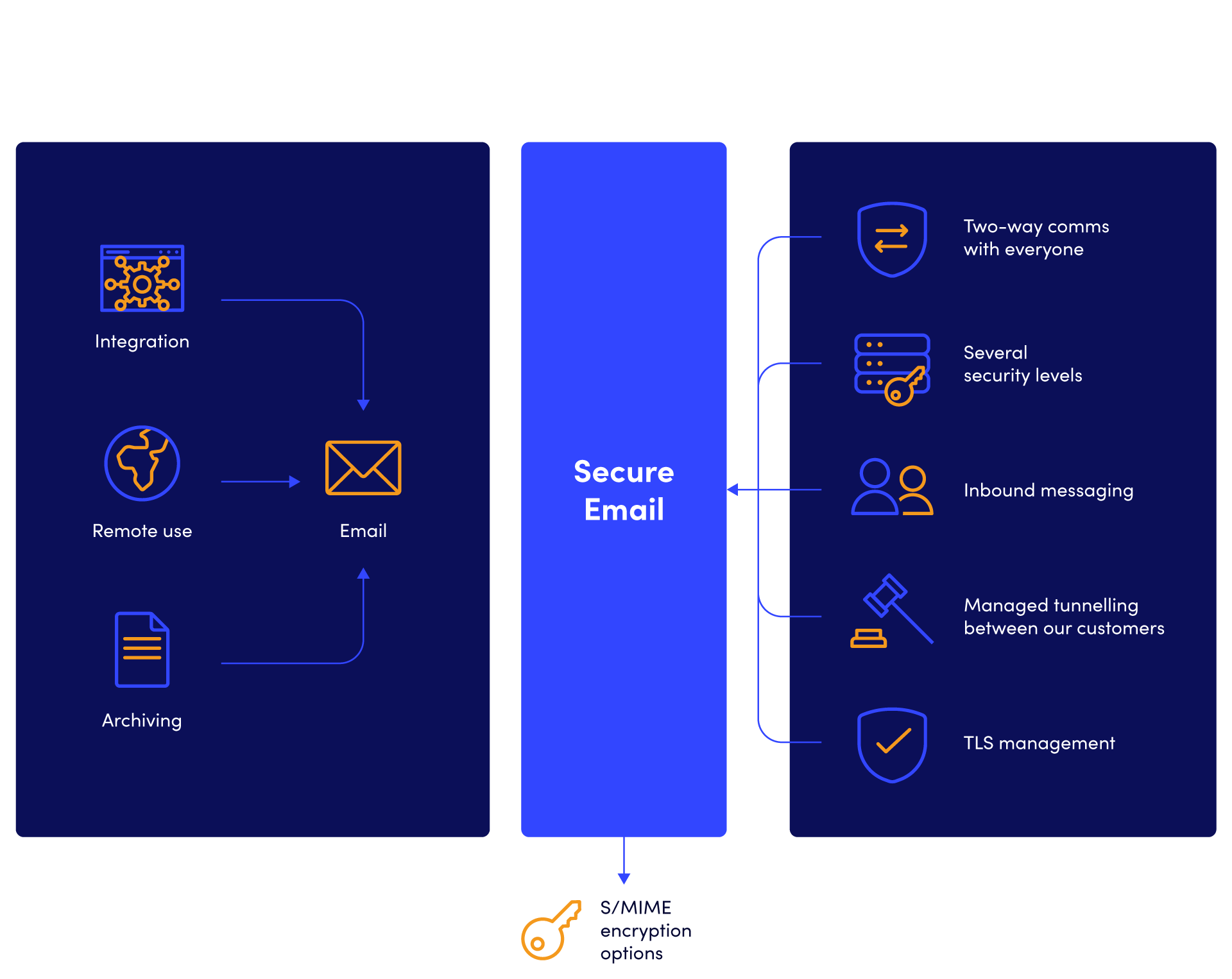


Prior to that, powerful computer-enabled encryption was only available to the government and large companies that could pay licensing fees. The other popular program, GPG4Win, is run by Koch himself.Įmail encryption first became available to the public in 1991, when Phil Zimmermann released a free program called Pretty Good Privacy, or PGP, on the Internet. GPGTools, which allows users to encrypt email from Apple Mail, announced in October that it would start charging users a small fee. Enigmail's lead developer, Patrick Brunschwig, told me that Enigmail receives about $1,000 a year in donations - just enough to keep the website online. Enigmail is maintained by two developers in their spare time. "It's a shame that he is alone and that he has such a bad financial situation." "If there is one nightmare that we fear, then it's the fact that Werner Koch is no longer available," said Enigmail developer Nicolai Josuttis. Koch's code powers most of the popular email encryption programs GPGTools, Enigmail, and GPG4Win. Koch believes that offering the underlying software code for free is the best way to demonstrate that there are no hidden backdoors in it giving access to spy agencies or others A group of tech companies stepped in to fund it.

The bug revealed that an encryption program used by everybody from Amazon to Twitter was maintained by just four programmers, only one of whom called it his full-time job. spends more than $50 billion per year on spying and intelligence, pennies go to Internet security. Last year, in the wake of the Heartbleed bug, I wrote that while the U.S. The fact that so much of the Internet's security software is underfunded is becoming increasingly problematic. In December, he launched a fundraising campaign that has garnered about $43,000 to date - far short of his goal of $137,000 - which would allow him to pay himself a decent salary and hire a full-time developer. He says he's made about $25,000 per year since 2001 - a fraction of what he could earn in private industry. Now, more than a year after Snowden's revelations, Koch is still struggling to raise enough money to pay himself and to fulfill his dream of hiring a full-time programmer. However, this means that many important computer security tools are built and maintained by volunteers. Like many people who build security software, Koch believes that offering the underlying software code for free is the best way to demonstrate that there are no hidden backdoors in it giving access to spy agencies or others. "In early 2013 I was really about to give it all up and take a straight job." But then the Snowden news broke, and "I realized this was not the time to cancel." "I'm too idealistic," he told me in an interview at a hacker convention in Germany in December.


 0 kommentar(er)
0 kommentar(er)
